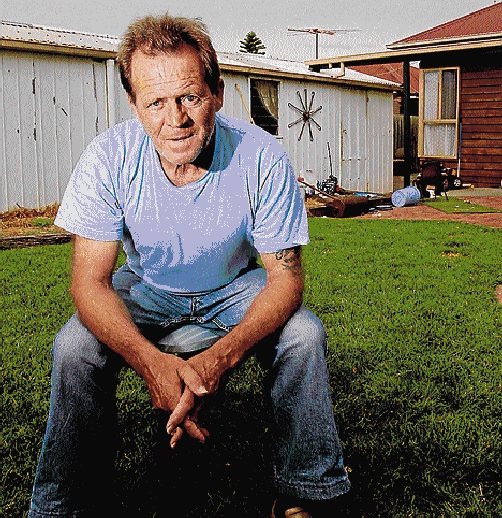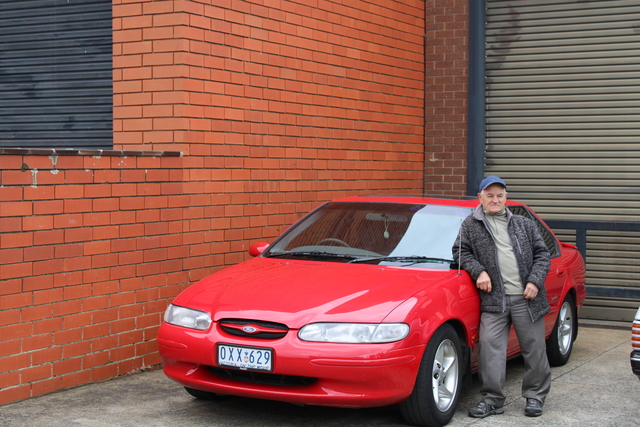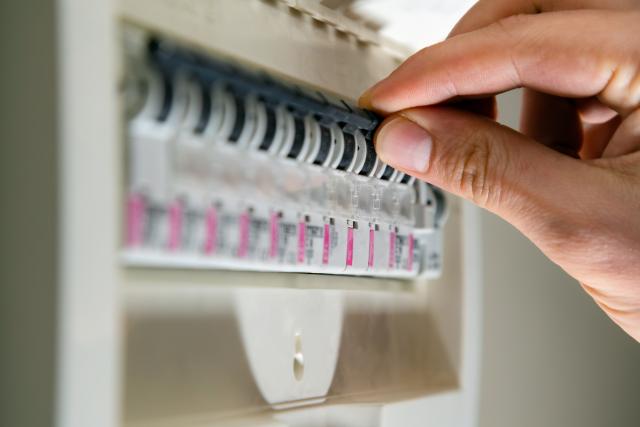A PARLIAMENTARY inquiry into sexual abuse by churches and other non-government organisations doesn’t go nearly far enough, according to a St Albans man who spent six years in children’s homes in the 1950s.
The state government last week announced the inquiry would investigate the handling of alleged sexual and other abuses of children.
But Keith Broadbent argues a royal commission should be convened to examine the the role of governments in placing children into harm’s way.
“We want the inquiry but not just about churches – the government is responsible as well,” he said.
“They were the ones who put us into their care.”
Mr Broadbent first went into care at the age of nine, one of the 500,000 Australian and migrant children put into institutional care last century.
He was one of thousands of children placed in one of the Salvation Army’s 55 homes in Australia between 1894 and the early 1990s.
A 2004 Senate inquiry heard large numbers of children in institutional care were assaulted and sexually abused.
Mr Broadbent said some were lucky, but most “copped some pretty bad abuse”.
Last year, the Salvation Army’s international second in command, Commissioner Barry Swanson, expressed “deepest sorrow” and a “heartfelt apology” to those who were abused.
Premier Ted Baillieu said the parliamentary inquiry would focus on reforms to better protect children and stop the covering up of abuse.
“In doing so, the inquiry will have the power to consider evidence of past policies, practices and abuse,” he said.
“It is clear that there have been a substantial number of established complaints of sexual abuse of children by those who have taken advantage of positions of authority.
“This abuse has had traumatic consequences for victims and their families.”
Care Leavers Australia Network (CLAN) executive officer Leonie Sheedy said the inquiry would discriminate against wards of the state raised in state orphanages.
“Are the crimes committed against these children not important enough to be heard by an inquiry?” she said.
“While the Catholic Church has been reprehensible in its handling of these crimes against children, it is by no means the only organisation that should be made accountable for allowing crimes to go unpunished.”
Mr Broadbent joined CLAN in a protest outside Attorney-General Robert Clark’s office last Friday to push for all orphanages and children’s homes to be examined.
He said those scarred by their experiences wouldn’t be able to move on unless the government accepted its own responsibility.
“It is a long fight and we are going to keep pushing for this. We won’t be giving up.”







